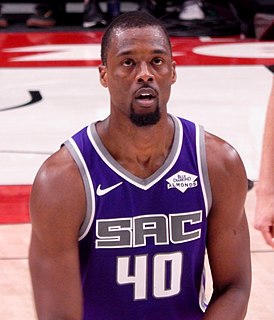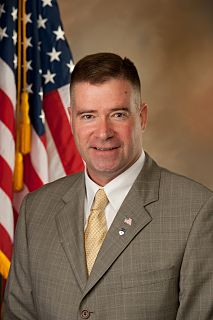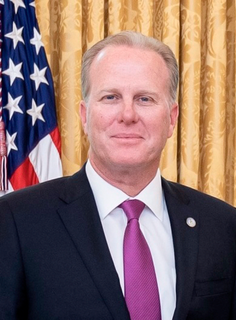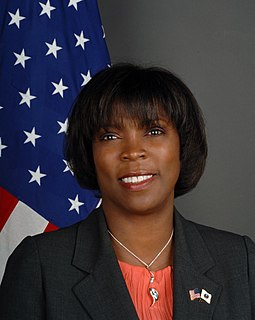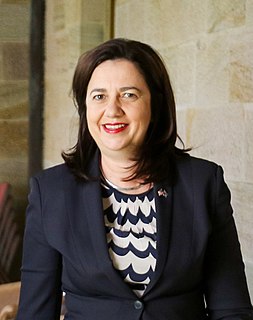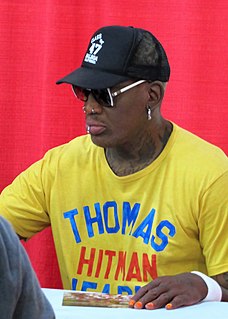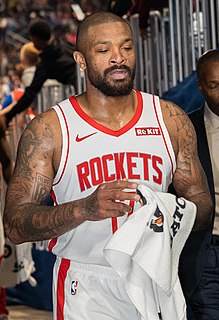A Quote by Harrison Barnes
Food accessibility is a health crisis that has always affected underserved communities.
Quote Topics
Related Quotes
All communities, and low-income communities especially because of food insecurity and lack of access to healthy foods, need more farmers markets, need more community gardens and urban farms. It would be great if people living in communities had the tools and resources to grow food in their own backyard - community-based food systems.
